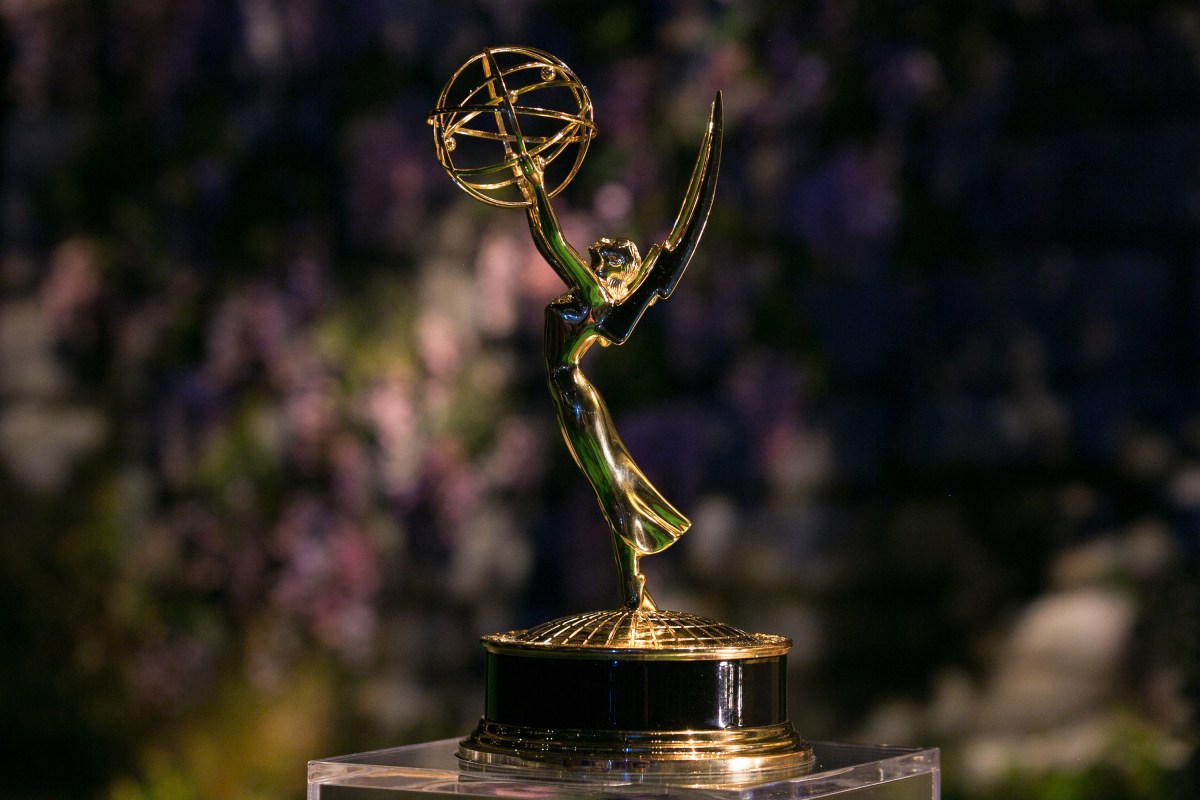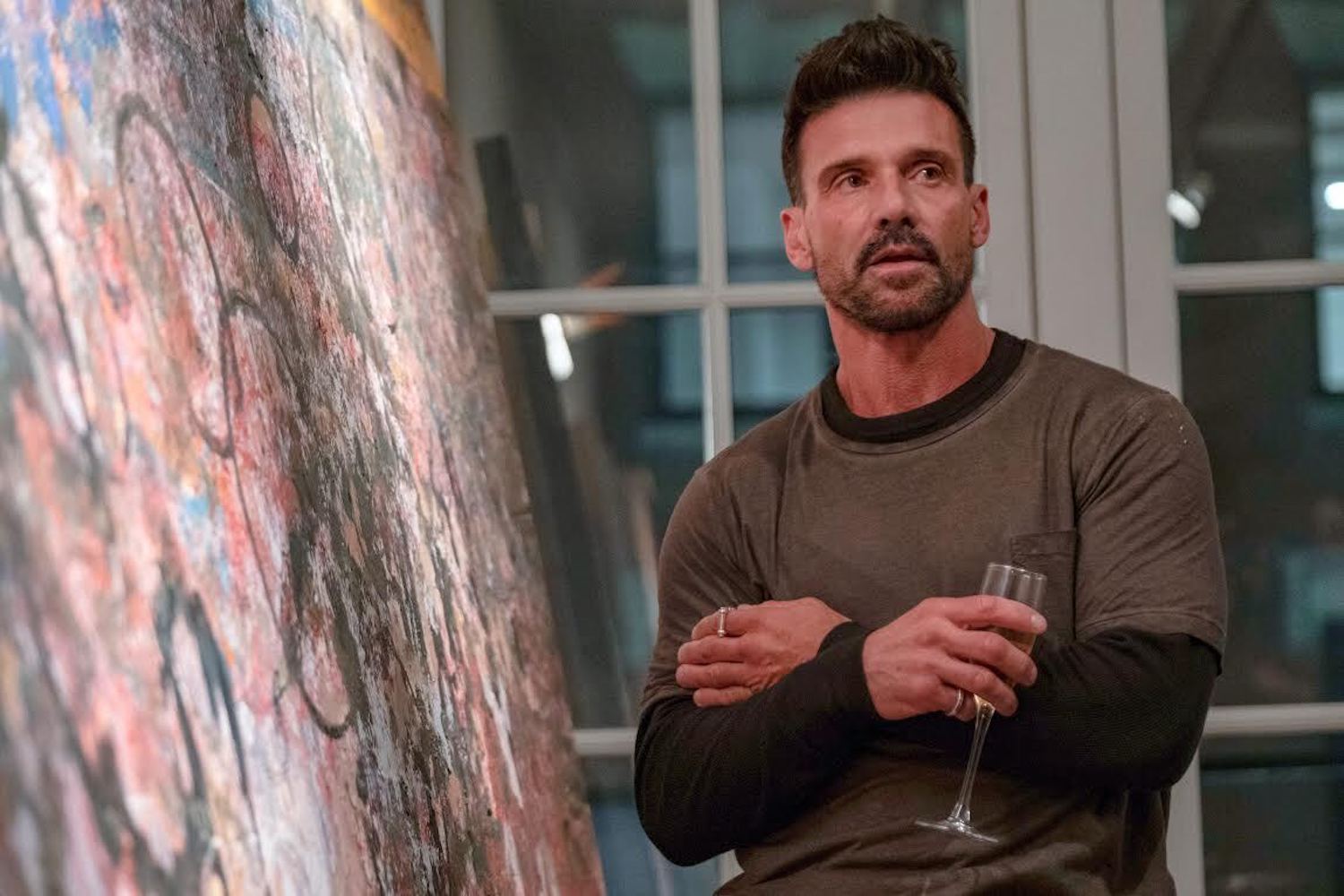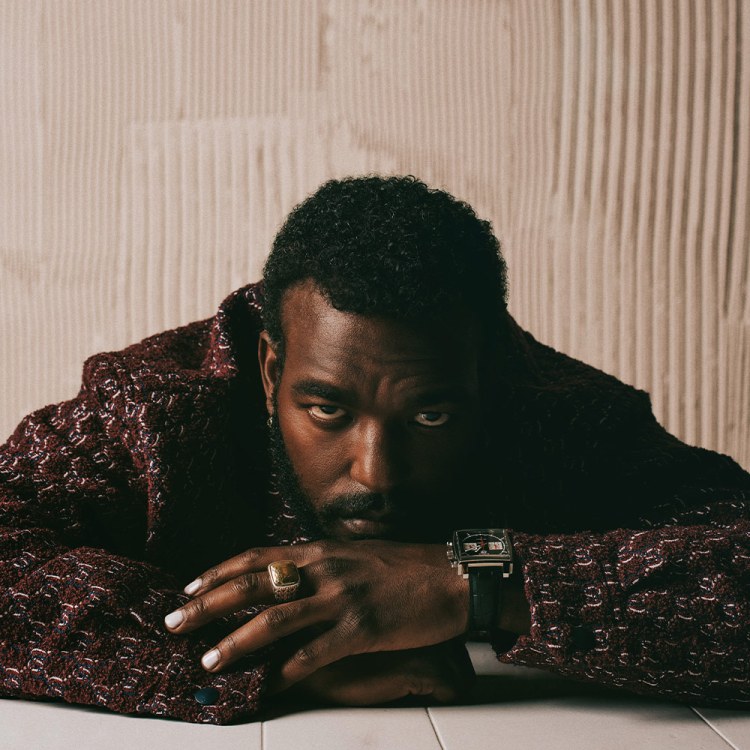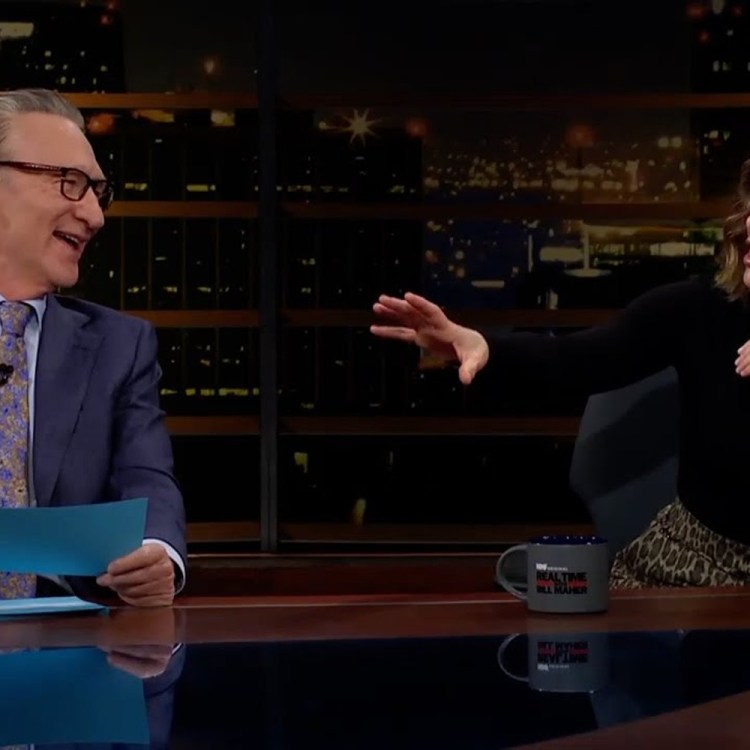“No one knows what to expect” is a tired cliché that gets tossed around a lot to drum up suspense for awards shows, but at the moment it’s entirely apt. We’re about two months away from the 72nd Annual Emmy Awards on Sept. 20, and — thanks to a pandemic that has made things like travel and large gatherings impossible for the foreseeable future — no one seems to have the slightest idea what form this year’s ceremony will take. It’s completely possible that instead of the usual glammed-up celebs walking a red carpet, we’ll see this year’s winners delivering their acceptance speeches from their basements while pantsless on Zoom.
What better time, then, to shake things up a bit? This year’s nominations, announced Tuesday, did just that, showcasing a concerted effort to make #EmmysSoWhite a thing of the past and recognize more BIPOC talent as well as focusing on first-time nominees as a whole now that longtime favorites like Veep and Game of Thrones are finally off the air. You can check out a complete rundown of the nominations here, but these are the main takeaways from this year’s nods.
A step forward for diversity…
Like most other Hollywood awards shows, the Emmys have historically suffered from a lack of diversity. A recent Los Angeles Times study of the nominees in 19 primetime categories from 2015-2019 found that a whopping 82 percent were white (including more than three-quarters of the acting nominees and 90 percent of the writing and directing nominees). But this year featured a record-setting number of Black nominees, at 34.3 percent. (The previous record, set in 2018, was 27.7 percent, while last year only 19.8 percent of nominees were Black.)
That increase includes some high-profile nominations in the lead acting categories, including Issa Rae for Insecure, Zendaya for Euphoria, Regina King for Watchmen, Sterling K. Brown for This Is Us, Anthony Anderson and Tracee Ellis Ross for black-ish, Kerry Washington for Little Fires Everywhere, Don Cheadle in Black Monday and more.
“2020 isn’t just about the global health crisis,” Television Academy CEO and chairman Frank Scherma said at the beginning of the nominations announcement. “This year we are also bearing witness to one of the greatest fights for social justice in history, and it is our duty to use this medium for change. That is the power and responsibility of television — not only delivering a multitude of services or a little escapism, but also amplifying the voices that must be heard and telling the stories that must be told. Because television, by its very nature, connects us all.”
…but there’s still a way to go
But while Black performers made strides in the acting categories, the writing and directing categories remained overwhelmingly white (and male). And despite Ramy making history as the first Muslim American sitcom to be nominated for an Emmy, non-Black minorities still made up a woefully small percentage of the nominees. Perhaps most glaringly, this year featured zero nominations of Latinx talent in any of the major categories, making it the sixth year in a row that there have been no Latinx performers nominated in any of the lead and supporting categories for comedy or drama series — despite the fact that they represent the largest ethnic minority in the United States.
The Television Academy addressed the need for further BIPOC representation in a statement to the Los Angeles Times on Tuesday, writing, “We feel it is a very positive sign that over the past decade the well-deserved recognition of performers of color has increased from 1 in 10 to 1 in 3 nominees across all performer categories. Clearly that increase in representation has not been equal for all groups, and clearly there is still more to do to improve both gender and racial representation across all categories.”
Netflix dethrones HBO
Netflix blew every other network and streaming service out of the water this year, taking home a whopping 160 nominations — the most in history. HBO came in second with 107 nods, a reversal of fortune from last year, when the premium cable network (which has historically dominated the Emmys) topped the nominations with 137 to Netflix’s 117.
However, despite falling to Netflix this year, HBO still has plenty to be excited about: its limited series Watchmen earned 26 nominations, the most of any show, and its beloved drama Succession raked in 18 nominations — including acting nods for almost all of its ensemble cast. With multiple cast members nominated for both Lead Actor (Brian Cox and Jeremy Strong) and Supporting Actor (Matthew Macfadyen, Nicholas Braun and Kieran Culkin) as well as Sarah Snook nominated for Supporting Actress, the show seems poised to dominate the Drama categories.
Still, the major storyline remains Netflix’s rapid ascent from just 13 nominations in 2013 to 160 this year. The streaming service’s nominations were spread out among 52 programs, including Ozark, The Crown, Stranger Things, Hollywood and Unorthodox.
Some departing favorites finally get their due
One of the more pleasant surprises from this year’s nominations was the amount of love shown to the final seasons of The Good Place and Schitt’s Creek. Both are nominated for Outstanding Comedy Series, and in addition to another Lead Actor nomination for Ted Danson (who was also nominated for his role on the series in 2018 and 2019), D’Arcy Carden and William Jackson Harper were both recognized for their work on The Good Place in the Supporting Actress and Supporting Actor categories for the first time.
Schitt’s Creek earned 15 nominations overall for its sixth and final season, and for the first time, all four members of the Rose family took home nominations: while Eugene Levy and Catherine O’Hara are both nominated for the second year in a row for their work as Johnny and Moira, Dan Levy and Annie Murphy earned their first nods in the Supporting categories for their work as siblings David and Alexis Rose.
A stacked docuseries category
Despite being one of the most popular TV genres nowadays — just think of the massive success of Tiger King or The Last Dance this year — the Emmys have never really seen docuseries as a big deal, relegating the category to the Creative Arts Emmys. But while Emmy viewers won’t be able to see it during the main primetime ceremony, this year’s Outstanding Documentary Series category features some of the most talked-about series in recent memory.
The salacious Tiger King will go head-to-head with ESPN’s 10-part Michael Jordan docuseries The Last Dance (which has also enjoyed a successful second run on Netflix), and they’re joined in the category by Hulu’s Hillary (which chronicles Hillary Clinton’s presidential run), PBS’s American Masters and HBO’s popular McMillions (about the McDonald’s Monopoly game scam perpetrated by Jerry Jacobson).
This article was featured in the InsideHook newsletter. Sign up now.























